Are you looking for Best eCommerce Payment Gateways? If Yes, You are at the right place.
eCommerce has become the cornerstone of retail, offering convenience, accessibility, and global reach to businesses of all sizes. However, for online businesses to thrive, having a reliable payment gateway service is paramount. These gateways serve as the bridge between customers and merchants, facilitating secure transactions and enabling businesses to accept payments seamlessly. In this comprehensive guide, we delve into the world of eCommerce payment gateway services, uncovering the top contenders and their key features.
Setting up an online store is exciting, but one of the most important decisions you’ll make is choosing the right payment gateway. A good payment gateway ensures that your customers can pay easily, securely, and quickly. Whether you’re running a small online store or a large eCommerce platform, selecting the best payment gateway is key to growing your business and keeping customers happy.
If you’re planning to sell internationally, it’s also important to understand the role of payment gateways in cross-border eCommerce. The right gateway can help you accept global payments, handle currency conversions, and reduce friction for customers in different countries, making it easier to expand your business beyond borders.
In this article, we’ll explore some of the best eCommerce payment gateways, their key features, pros and cons, and what makes them stand out.
What is a Payment Gateway?
A payment gateway is a technology solution that facilitates the secure transmission of payment data between a customer’s web browser or mobile device and the merchant’s website or application. It acts as a bridge between the customer, the merchant, and the financial institutions involved in processing the transaction. Essentially, a payment gateway encrypts sensitive payment information, such as credit card numbers, to ensure secure transmission over the internet. With the rise of digital currencies, some companies are now using blockchain payments to send money, offering even faster and more transparent alternatives to traditional gateways.
How Does Payment Gateway Work?
The process of a payment gateway typically involves several steps:
- Customer Initiates Payment: The customer initiates the payment process by selecting their desired products or services on the merchant’s website or application and proceeding to the checkout page.
- Data Encryption: When the customer enters their payment information, such as credit card details, the payment gateway encrypts this data to protect it from unauthorized access during transmission.
- Authorization Request: The encrypted payment data is then transmitted securely from the customer’s device to the payment gateway server. The gateway forwards this information to the payment processor or acquiring bank for authorization.
- Authorization Response: The payment processor or acquiring bank verifies the validity of the payment information and checks for available funds or credit limit. An authorization response is sent back to the payment gateway, indicating whether the transaction is approved or declined.
- Transaction Processing: If the transaction is approved, the payment gateway relays this information to the merchant’s website or application, allowing the customer to complete the purchase. Simultaneously, the payment processor initiates the transfer of funds from the customer’s account to the merchant’s account.
- Confirmation: Once the transaction is completed, the customer receives a confirmation message, and the merchant fulfills the order, providing goods or services as per the customer’s request.
What are eCommerce Payment Gateways?
Before delving into the best eCommerce payment gateway services, it’s essential to understand their role in online transactions. A payment gateway is a technology solution that authorizes credit card or other payment method transactions for online businesses. It encrypts sensitive data, such as credit card numbers and personal information, ensuring secure transmission between the customer’s browser and the merchant’s website. Essentially, payment gateways enable businesses to accept payments from customers safely and efficiently, enhancing the overall eCommerce experience.
Key Features of the Best eCommerce Payment Gateway Services
When selecting an eCommerce payment gateway service for your business, several key features should be considered:
- Security: The best payment gateways prioritize security, offering robust encryption and compliance with industry standards such as PCI DSS (Payment Card Industry Data Security Standard). Look for gateways that employ advanced security measures to protect sensitive customer data and prevent fraudulent activities.
- Compatibility: Ensure that the payment gateway integrates seamlessly with your eCommerce platform or website. Compatibility with popular platforms like Shopify, WooCommerce, Magento, and others is essential for a smooth checkout experience for customers.
- Acceptance of Multiple Payment Methods: The ideal payment gateway should support a wide range of payment methods, including credit/debit cards, digital wallets (such as PayPal, Apple Pay, Google Pay), bank transfers, and alternative payment methods popular in specific regions.
- Global Reach: If your business operates internationally or plans to expand globally, opt for a payment gateway with multi-currency support and the ability to accept payments from customers worldwide. Additionally, consider gateways that offer localized payment options to cater to regional preferences.
- Transaction Fees and Pricing: Evaluate the transaction fees, processing rates, and pricing structure of each payment gateway. Look for transparent pricing with no hidden fees, and consider whether flat-rate pricing or interchange-plus pricing is more suitable for your business.
- Customization and Branding: Choose a payment gateway that allows for customization of the checkout experience to align with your brand’s aesthetics and messaging. The ability to customize payment pages and integrate seamlessly with your website enhances brand consistency and trust.
- Reporting and Analytics: Access to comprehensive reporting and analytics tools enables merchants to track transaction data, monitor sales performance, and gain insights into customer behavior. Look for payment gateways that offer real-time reporting and customizable analytics dashboards.
Top 10 Best eCommerce Payment Gateways
Here are the Top 10 Best eCommerce Payment Gateways…
Stripe
Stripe is a widely used payment gateway service known for its developer-friendly API and seamless integration capabilities.
It enables businesses to accept payments online and in mobile apps, supporting various payment methods, including credit/debit cards, digital wallets, and local payment methods. Stripe offers advanced features such as subscription billing, recurring payments, and customizable checkout experiences.
Key Features:
- Fully customizable checkout
- Supports over 135 currencies
- Built-in fraud prevention tools
- Seamless API integration
Pros:
- Transparent pricing
- Supports mobile payments and digital wallets
- Excellent for subscription-based services
Cons:
- Requires technical knowledge to set up and manage
- Limited support in some countries
PayPal
PayPal is one of the most recognized and trusted payment gateway services globally. It allows businesses to accept payments securely through PayPal accounts, credit/debit cards, and other payment methods.
PayPal offers a range of solutions for eCommerce, including PayPal Checkout, which provides a streamlined checkout experience, and PayPal Payments Pro, which offers customizable payment processing solutions.
Key Features:
- Easy to set up
- Supports multiple currencies
- Trusted by millions of users
- Strong buyer and seller protection
Pros:
- Fast and easy checkout process
- Excellent reputation and trust
- Supports subscriptions and recurring payments
Cons:
- Higher transaction fees compared to some other providers
- May hold funds in some cases
Authorize.Net
Authorize.Net is a veteran player in the payment gateway industry, offering a reliable and secure platform for processing online payments.
It supports various payment methods and features advanced fraud detection tools, recurring billing options, and customizable checkout experiences. Authorize.Net is known for its ease of integration with popular eCommerce platforms and extensive support resources for merchants.
Key Features:
- Advanced fraud detection
- Supports recurring billing
- Accepts a wide range of payment methods
Pros:
- Great customer support
- High level of security
- Works well with many shopping carts
Cons:
- Monthly gateway fee required
- User interface feels outdated
Square
Square provides a comprehensive suite of payment solutions for businesses of all sizes. Its eCommerce payment gateway allows merchants to accept payments online, in-store, and on mobile devices seamlessly.
Square offers features such as customizable checkout experiences, invoice management, and real-time reporting tools. With transparent pricing and no monthly fees, Square is a popular choice for small businesses and startups.
Key Features:
- Unified solution for online and offline sales
- Free online store builder
- Real-time analytics and reporting
Pros:
- Easy to use and set up
- Competitive transaction fees
- Works well for small to medium businesses
Cons:
- Limited international availability
- Fewer features compared to Stripe for online-only stores
Adyen
Adyen is a global payment platform trusted by leading brands worldwide. It offers a unified solution for accepting payments online, in-store, and on mobile devices, supporting over 200 payment methods and 150 currencies.
Adyen’s platform provides advanced fraud detection, real-time analytics, and seamless integration with eCommerce platforms. It is known for its scalability, reliability, and extensive global reach.
Key Features:
- Omnichannel payment solution
- Real-time risk management
- Multi-currency support
Pros:
- Scales well with large businesses
- Unified platform for all payment needs
- High approval rates for international payments
Cons:
- Not ideal for small businesses
- Complex setup process
2Checkout (now Verifone)
2Checkout, now part of Verifone, is a payment gateway service that specializes in global eCommerce payments. It offers a wide range of payment methods, multi-currency support, and advanced fraud prevention tools.
2Checkout provides features such as subscription billing, order management, and customizable checkout experiences to help businesses optimize their online payment processes.Key Features:
- Global tax and compliance tools
- Customizable checkout
- Subscription billing support
Pros:
- Accepts payments from nearly every country
- Offers detailed reporting and analytics
- Supports a wide variety of payment types
Cons:
- User interface could be improved
- Higher transaction fees for international payments
Razorpay
Razorpay is a payment gateway service based in India, catering to the needs of businesses in the Indian market. It offers a user-friendly platform for accepting online payments through various channels, including credit/debit cards, UPI (Unified Payments Interface), and mobile wallets.
Razorpay provides features such as smart payment routing, subscription billing, and real-time analytics to help businesses optimize their payment processes and enhance the customer experience.
Key Features:
- UPI, net banking, wallets, and card support
- Instant settlement options
- Subscription billing
Pros:
- Easy to use for both businesses and customers
- Excellent documentation for developers
- Competitive pricing
Cons:
- Primarily focused on the Indian market
- Limited global support
Amazon Pay
Amazon Pay is a convenient payment solution that lets customers pay on your eCommerce website using the information already stored in their Amazon accounts. Since millions of people already have Amazon accounts, the checkout process becomes much faster and smoother.
This helps reduce cart abandonment and builds trust with customers who are already familiar with Amazon’s secure platform. It is especially useful for small and medium-sized businesses looking to offer a simple and reliable payment option without needing to collect sensitive customer information.
Key Features:
- Trusted brand name
- Smooth checkout experience
- No monthly fees
Pros:
- Quick integration for eCommerce platforms
- Increases customer trust
- Mobile-friendly design
Cons:
- Limited customization options
- Only available in select countries
Braintree
Braintree is a full-featured payment gateway owned by PayPal, designed for businesses that want more control and flexibility with their online payments. It supports a wide range of payment methods, including credit cards, PayPal, and digital wallets like Apple Pay and Google Pay.
Braintree is known for its strong mobile payment support and recurring billing options, making it a great choice for subscription-based businesses or apps. It’s built with developers in mind and offers powerful tools for creating a custom checkout experience.
Key Features:
- Accepts digital wallets like Apple Pay and Google Pay
- Powerful developer tools
- Seamless integration with PayPal
Pros:
- Strong support for mobile apps
- No monthly fees
- High-level fraud protection
Cons:
- May be too complex for small businesses
- Requires developer assistance for setup
Klarna
Klarna is a modern payment gateway that focuses on offering flexible payment options to online shoppers. Its most popular feature is the “Buy Now, Pay Later” service, which lets customers split their payments into interest-free installments.
This can lead to higher conversion rates and bigger order sizes, making it especially attractive for online stores that want to boost sales. Klarna is trusted by many large retailers and is known for its smooth integration and user-friendly experience.
Key Features:
- Pay in 4 installments
- Interest-free options
- Trusted by major retailers
Pros:
- Attracts more customers with flexible payment options
- Boosts conversion rates
- Easy integration
Cons:
- Limited global reach
- Higher fees compared to traditional gateways
How to Choose the Best eCommerce Payment Gateways
Choosing the right payment gateway for your eCommerce business can be overwhelming, especially with so many options available. To help you make the best decision, consider these key factors:
- Transaction Fees
Every payment gateway charges fees for processing payments. These fees can be a fixed rate, a percentage of the transaction amount, or both. Compare transaction fees across different gateways to find one that suits your budget. - Security Features
Security is a critical factor for online transactions. Look for gateways with strong encryption, fraud detection systems, and compliance with security standards such as PCI-DSS. - Payment Methods Supported
Choose a gateway that supports a wide range of payment methods, such as credit cards, debit cards, digital wallets (e.g., PayPal, Apple Pay), and even alternative payment options like Buy Now, Pay Later services. - Global Reach
If you plan to sell internationally, make sure the payment gateway supports multiple currencies and is available in the countries where your customers are located. - Ease of Integration
The payment gateway should easily integrate with your eCommerce platform (e.g., Shopify, WooCommerce, Magento). Look for a provider that offers simple API integration or plugins. - Customer Support
Excellent customer support is essential, especially when you encounter issues with payments. Look for a payment gateway provider with 24/7 support, either by phone, email, or chat. - Reputation and Reliability
Choose a well-established and reliable provider with a solid reputation in the industry. Research customer reviews and ratings to ensure you are selecting a trustworthy partner.
Advantages and Disadvantages of the Best eCommerce Payment Gateways
Here are the Advantages and Disadvantages of the Best eCommerce Payment Gateways.
Advantages of the Best eCommerce Payment Gateways
✅ Fast Transactions: Payments are processed quickly, helping you deliver orders faster.
✅ High Security: Advanced encryption and fraud detection tools protect both you and your customers.
✅ Customer Trust: Well-known gateways like PayPal or Stripe increase trust during checkout.
✅ Multiple Payment Options: Supports credit cards, wallets, net banking, UPI, and more.
✅ Global Reach: Lets you accept payments from customers around the world.
✅ Recurring Billing: Great for subscription-based products and services.
Disadvantages of eCommerce Payment Gateways
❌ Transaction Fees: Most gateways charge a fee for each transaction, which can add up.
❌ Integration Challenges: Some gateways may require technical skills to set up.
❌ Fund Holding Risks: Some platforms may temporarily hold your funds for security reasons.
❌ Limited Customization: Many hosted gateways have a fixed checkout page design.
❌ Not All Support Global Payments: Some gateways are limited to specific regions.
FAQs
What is a Payment Gateway in eCommerce?
A payment gateway is a tool that securely processes online payments between your website and your customer’s bank or card provider.
Which is the Best Payment Gateway for Small Businesses?
PayPal, Square, and Stripe are great choices for small businesses due to their ease of use and low setup costs.
Can I Use More than One Payment Gateway on My Website?
Yes, many eCommerce platforms allow you to integrate multiple payment gateways to give customers more payment choices.
Are Payment Gateways Safe for Online Shopping?
Yes, if they are PCI-DSS compliant and offer fraud protection features. Always choose a trusted provider.
What are the Benefits of Using a Payment Gateway for Cross-Border Sales?
It helps you accept different currencies, supports international cards, and makes transactions smoother for global customers.
Conclusion
Choosing the right eCommerce payment gateway depends on your business needs, target market, and technical capabilities. If you want a simple and trusted solution, PayPal or Square might be ideal. For more advanced features and customizations, Stripe or Braintree are great choices. And if you’re focusing on a specific region like India or Europe, Razorpay or Klarna might suit you better.
Always consider factors like fees, ease of integration, customer support, and the types of payment methods supported before making your decision.
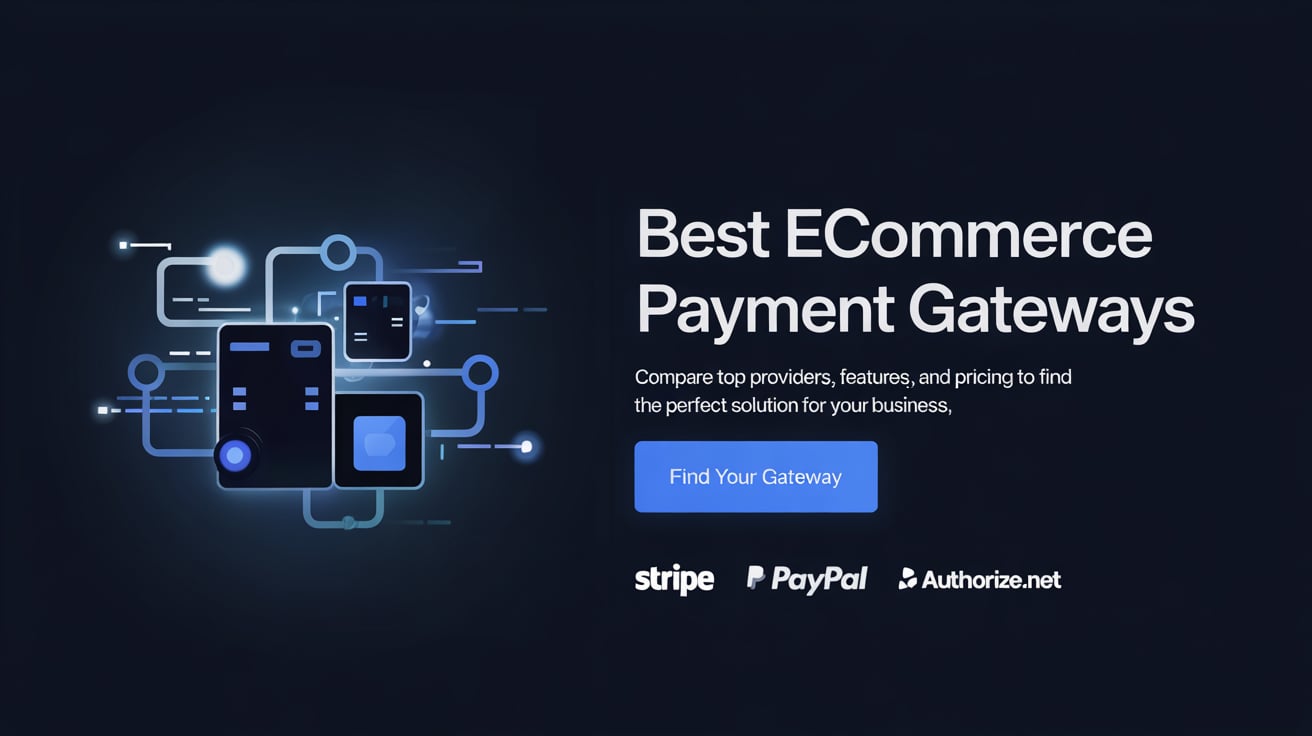

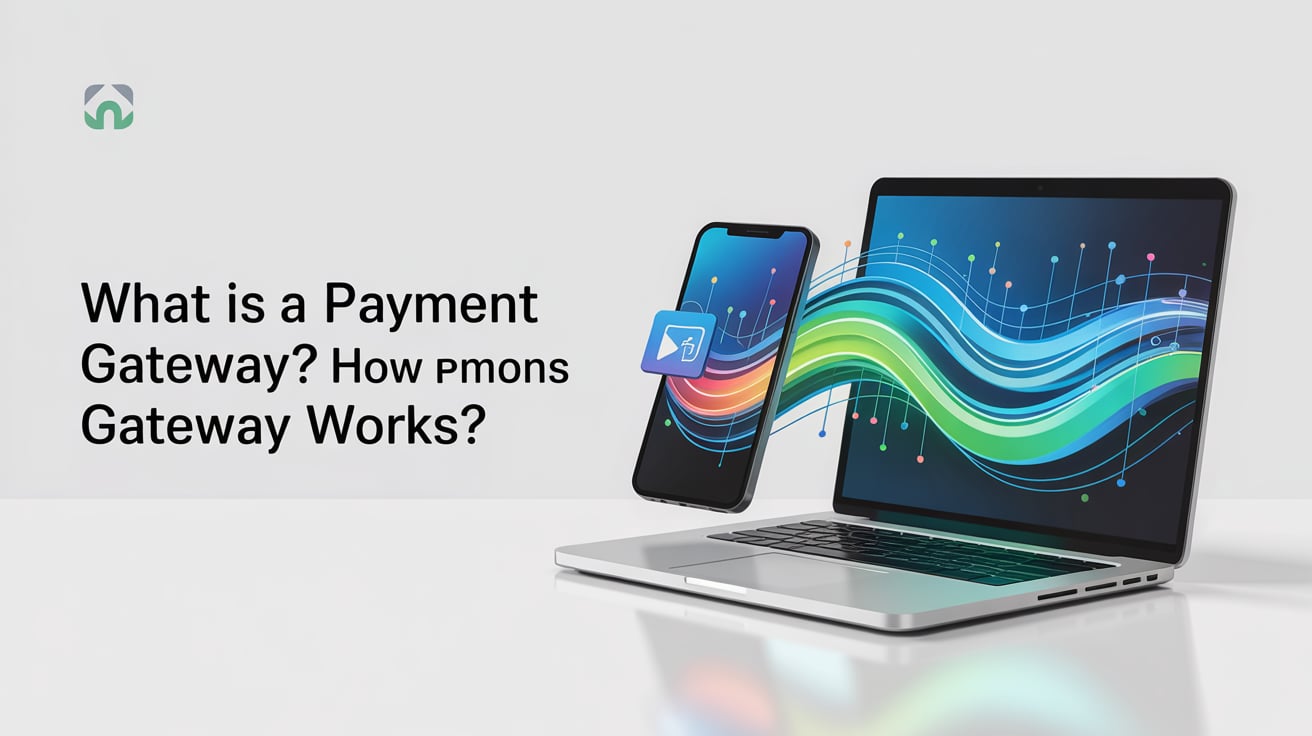
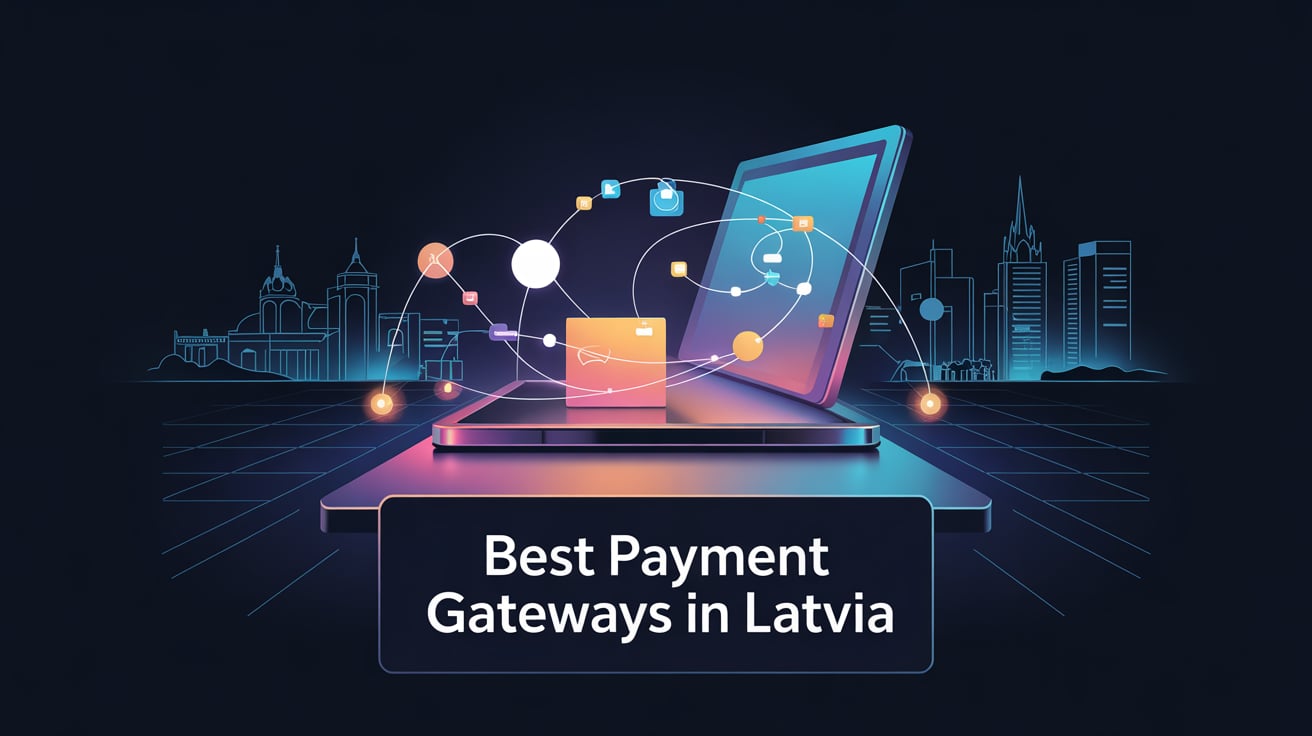
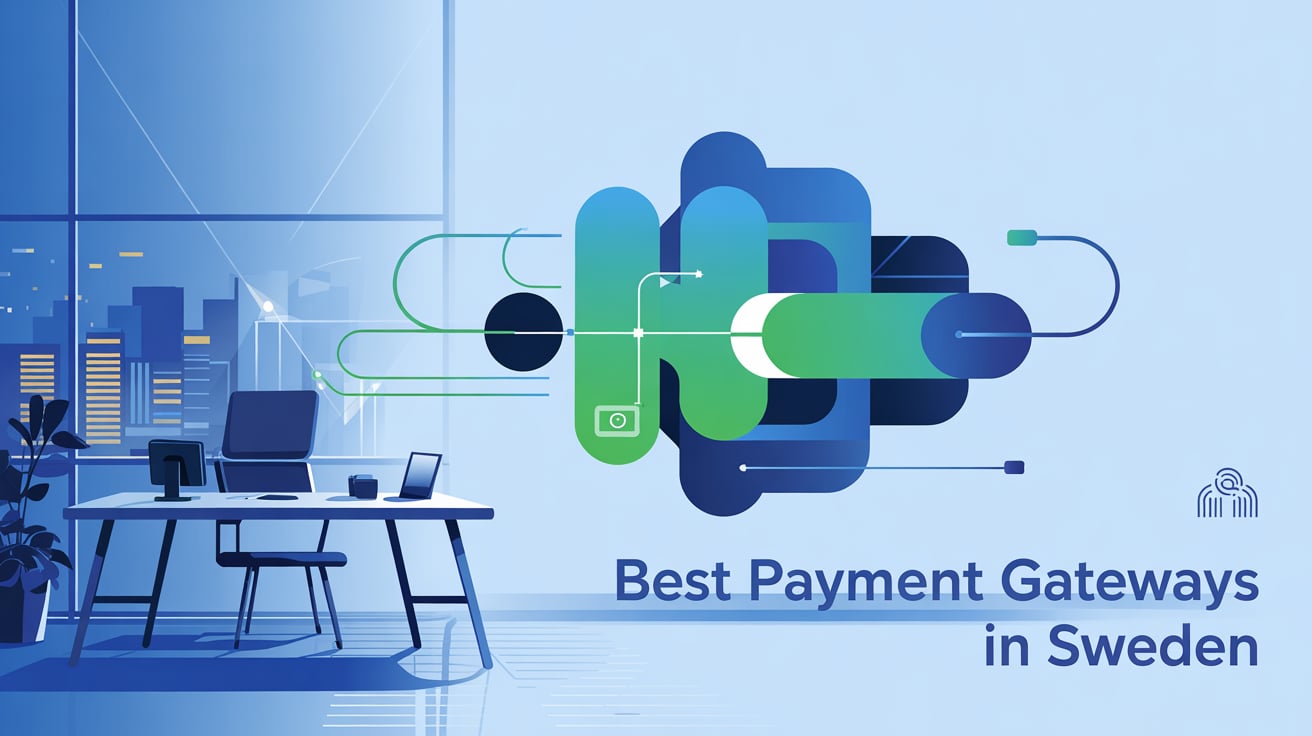
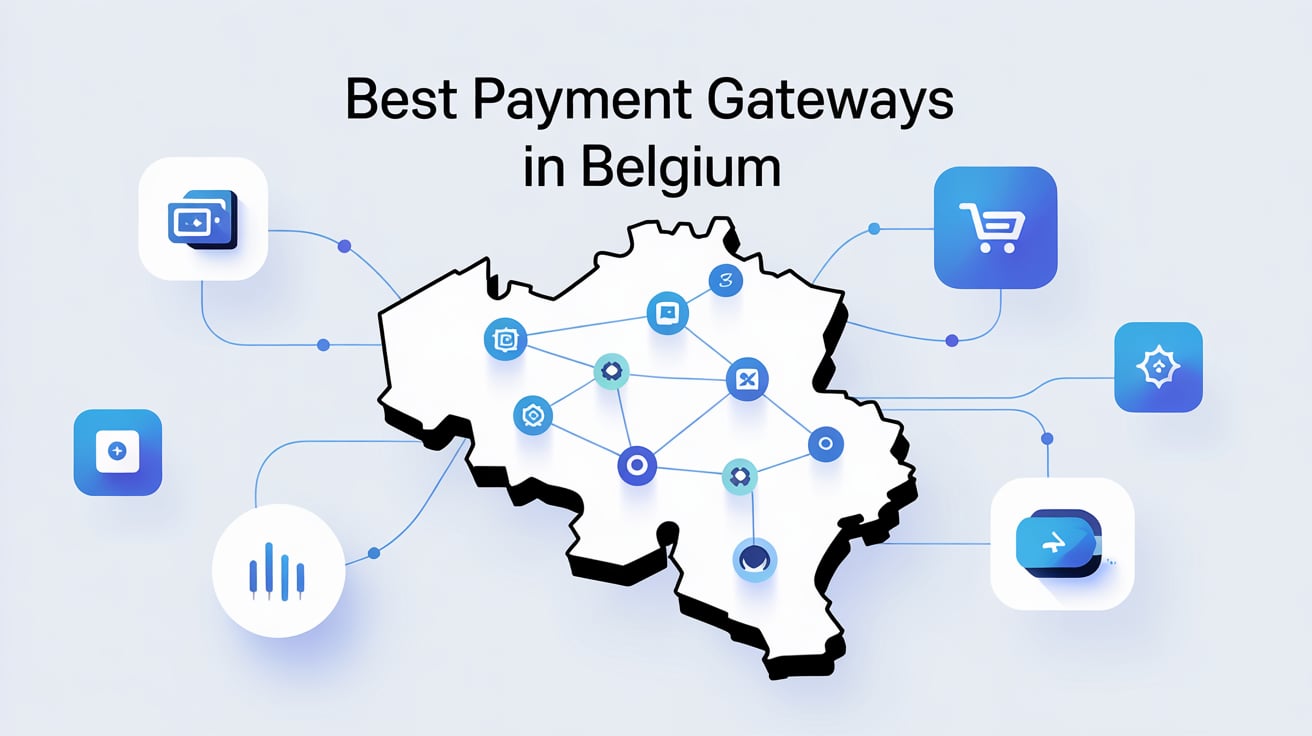
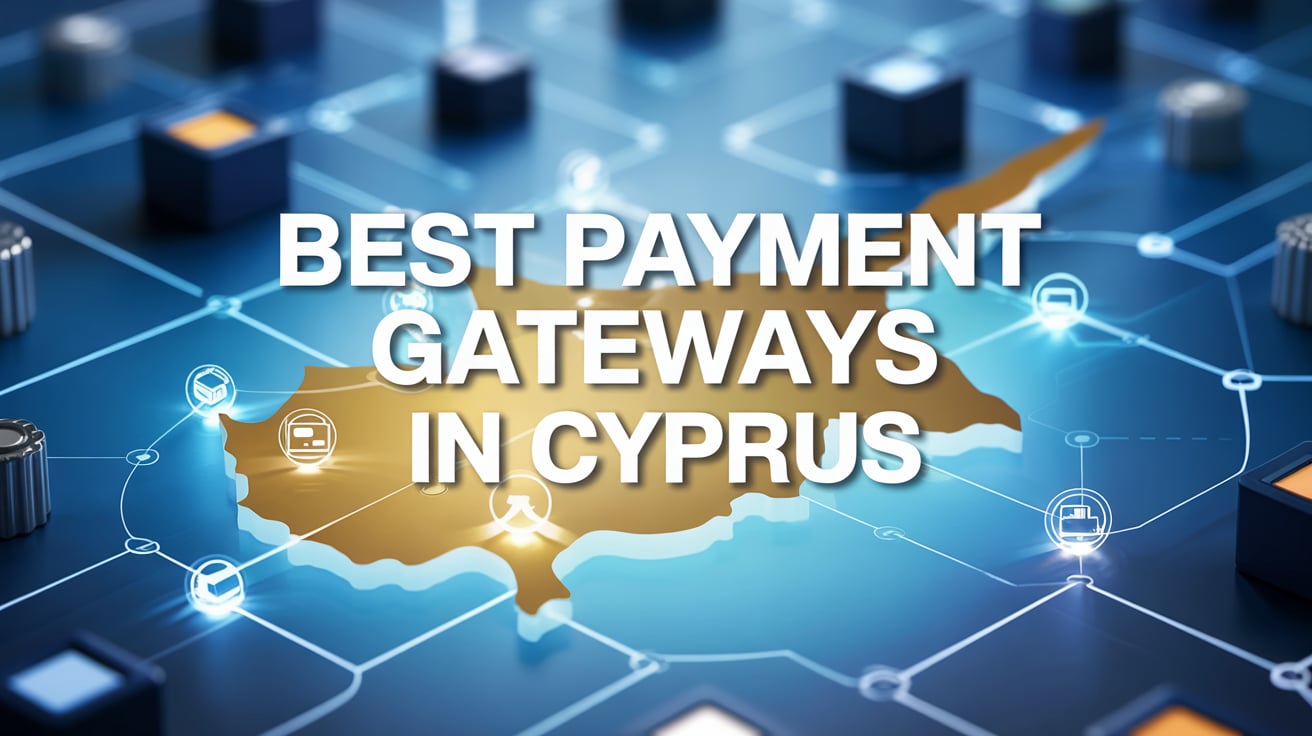
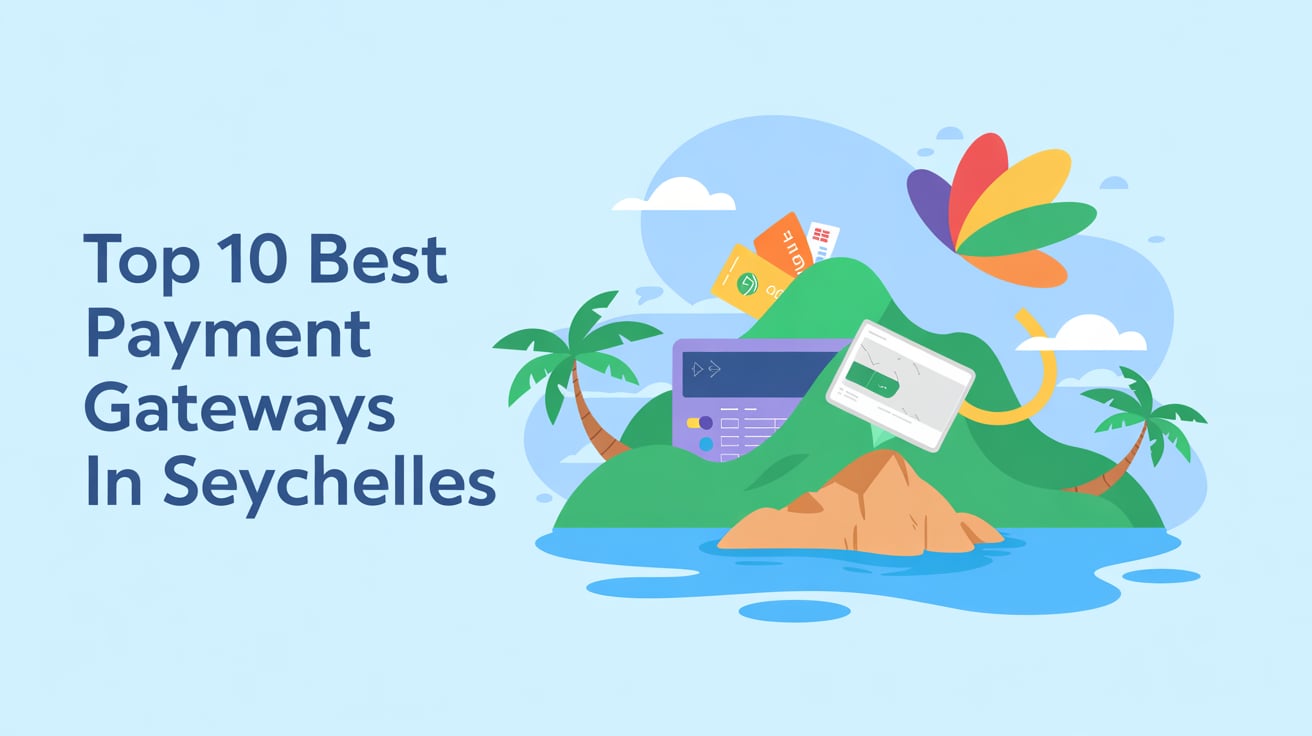
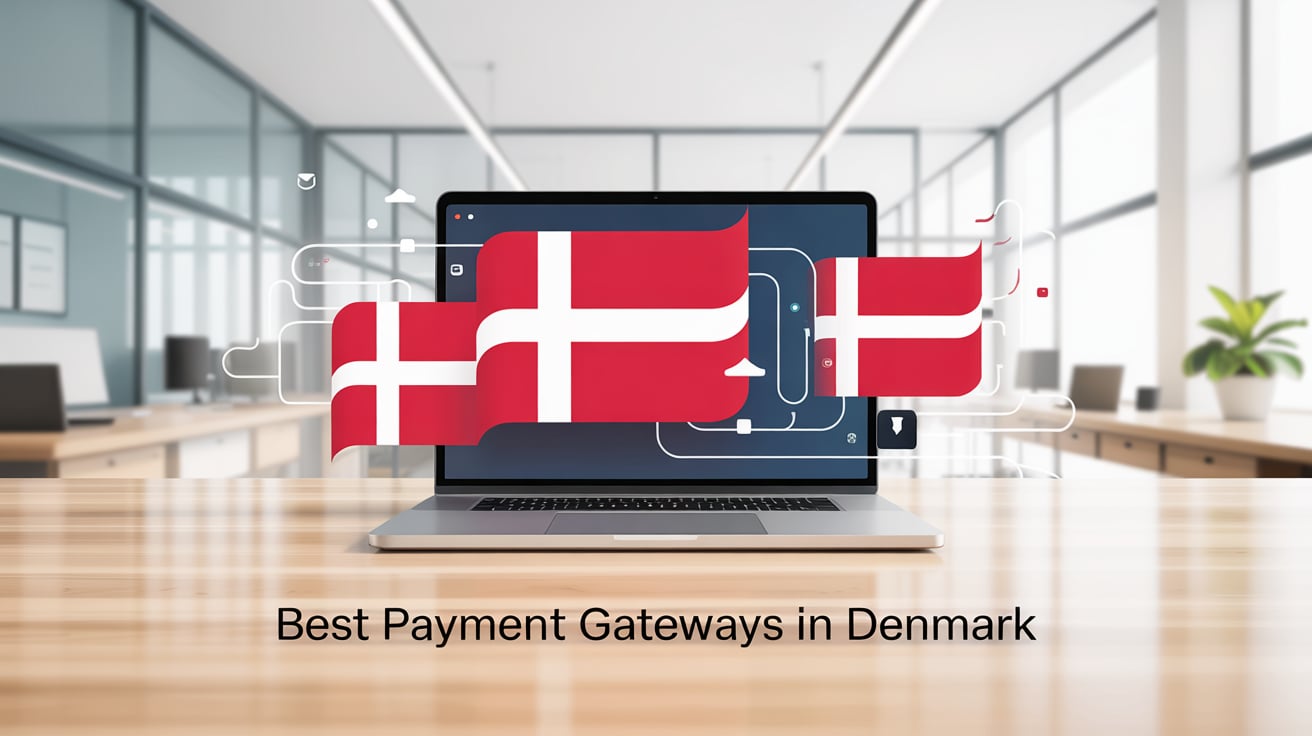
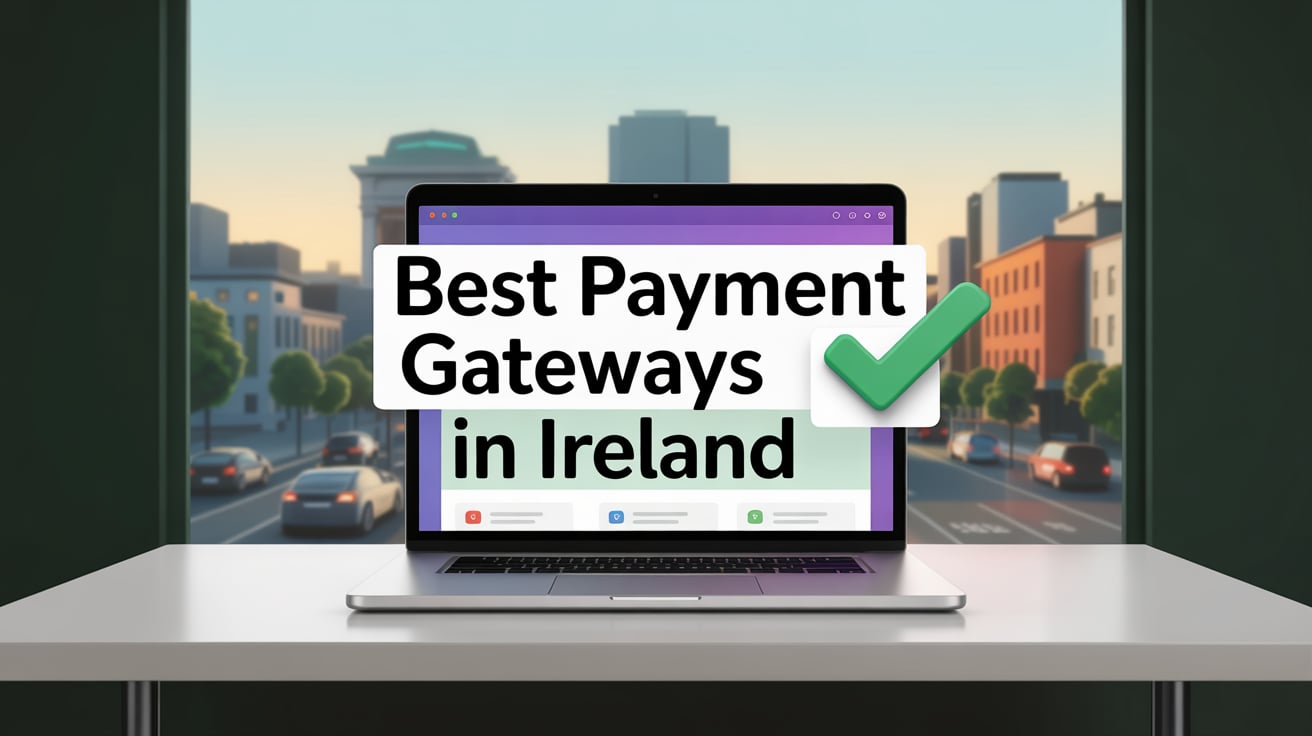
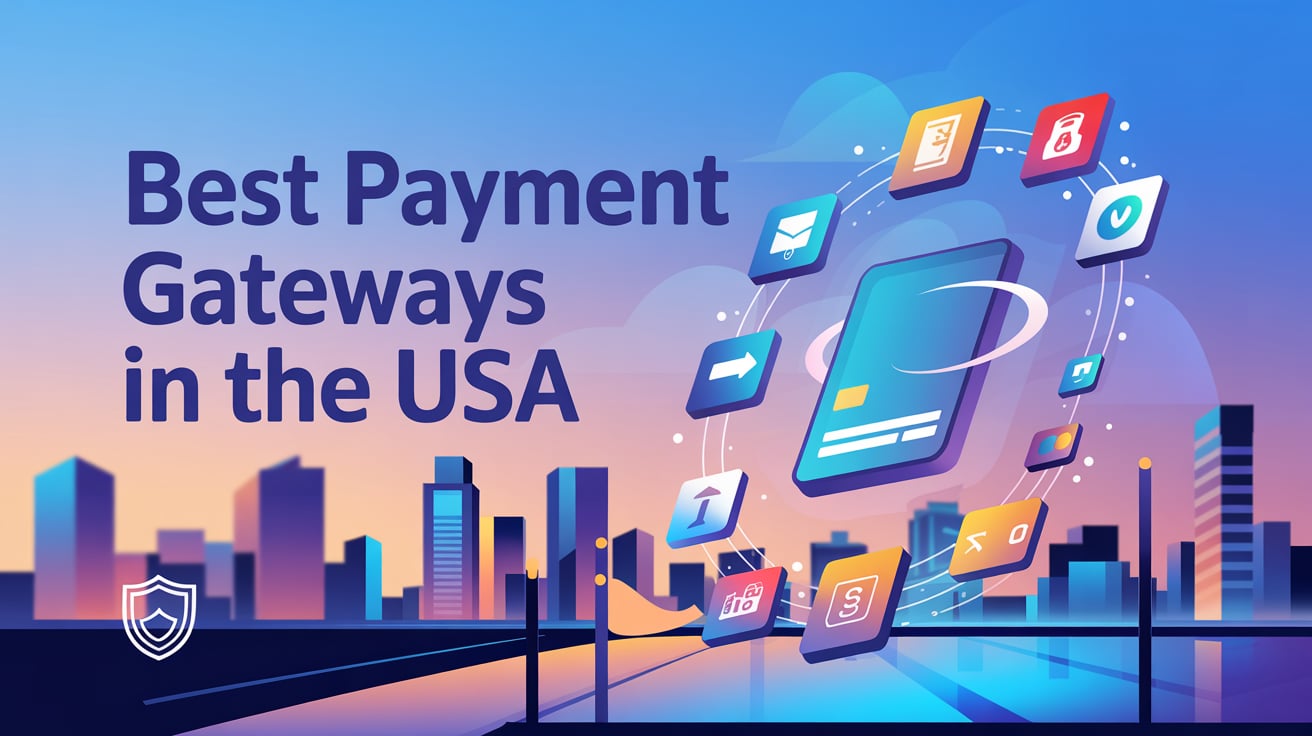

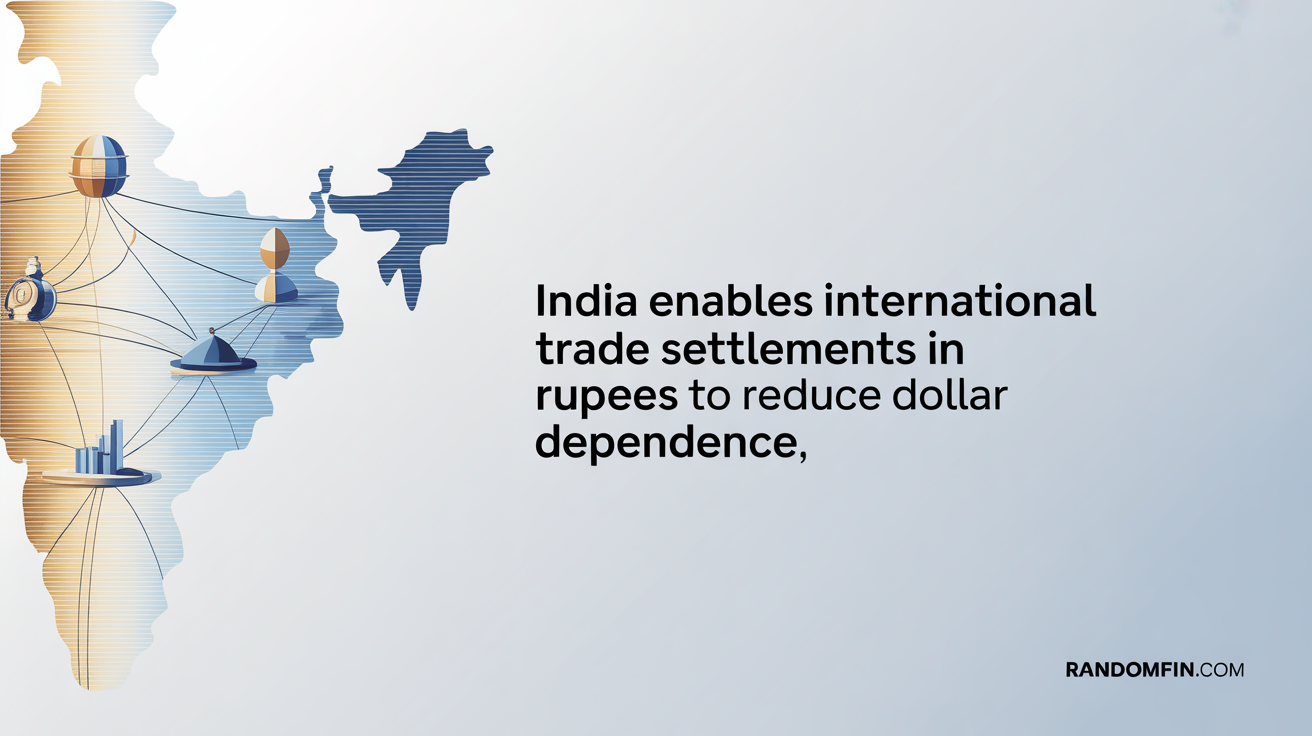
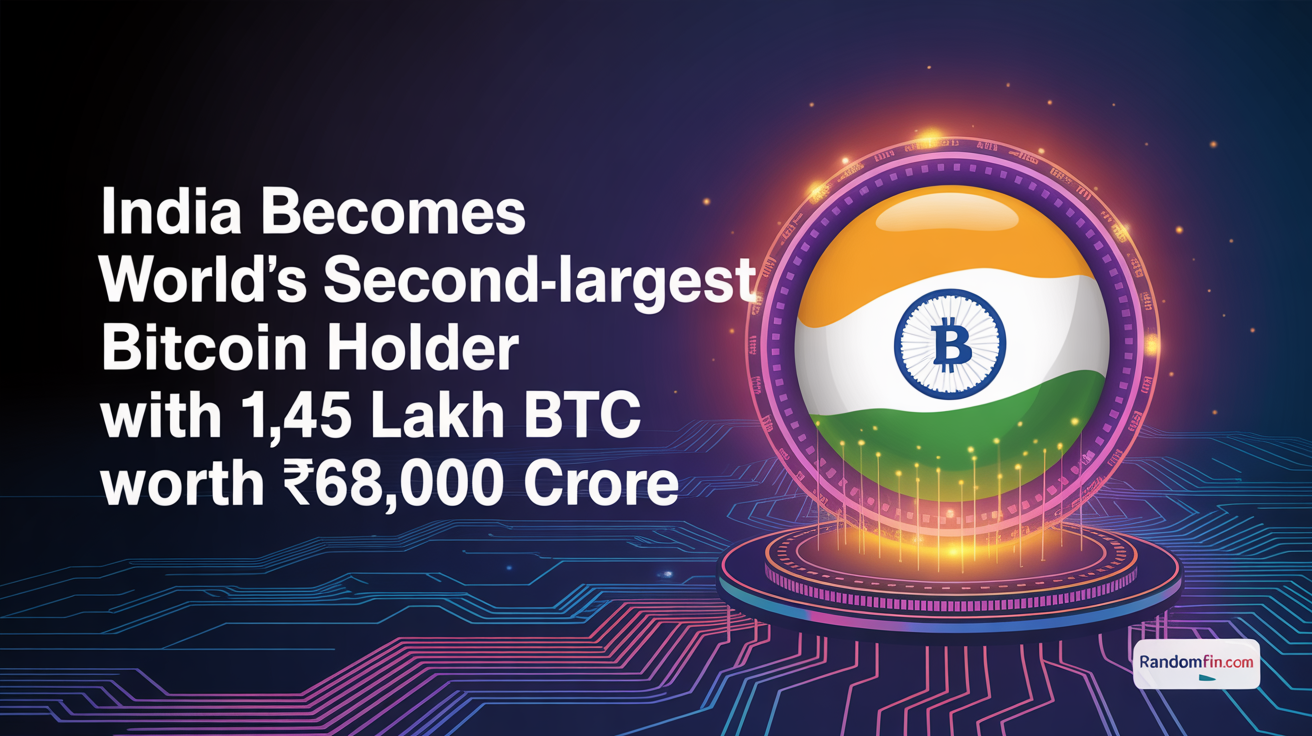

Leave a Reply